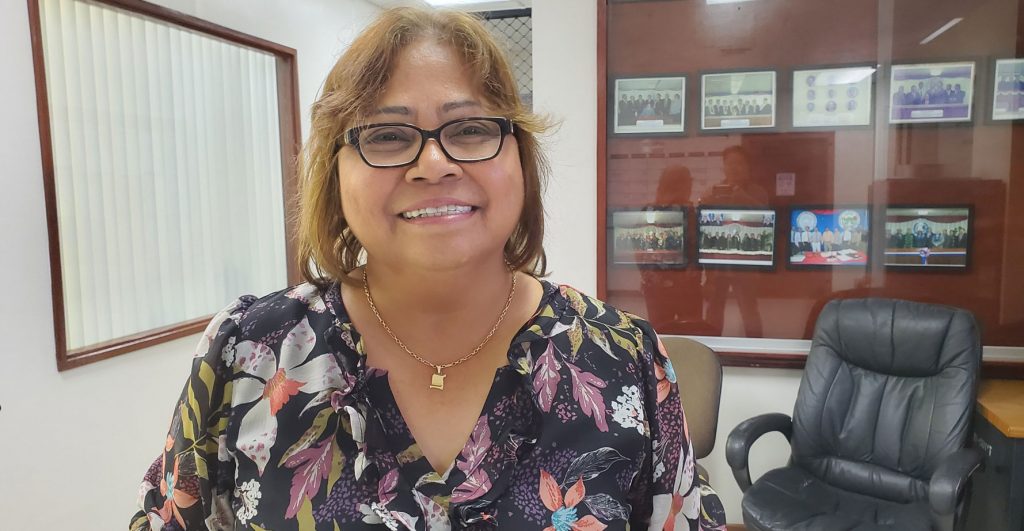TO SUSTAIN COVERAGE SIMILAR TO PRESUMPTIVE MEDICAID
‘Removal of funding cap needed’
The Commonwealth Medicaid Agency continues to suffer due to diminishing funds and, according to Commonwealth Healthcare Corp. CEO Esther Muña, removing the capped funding is necessary in order for the agency to continue to provide services and expand available medical services.
For the last few years, nearly everyone in the CNMI were given access to uncompensated care, thanks to Presumptive Eligibility for Medicaid, and that helped make health services affordable. However, if we want this to continue for the CNMI, the removal of capped funding is necessary, Muña said.
“As we see with the announcement of depleting funds of Medicaid when providing coverages like these, there needs to be the removal of the capped funding, which territories, like the CNMI, are unfortunately subjected to,” she said.
Medicaid is a joint federal-state program that finances medical services for low-income individuals. However, U.S. territories like the CNMI operate Medicaid programs under rules that differ from those applicable to the 50 states.
For example, the CNMI’s Medicaid program operates under the Section 1902(j) waiver authority. Under this rule, the Medicaid requirements that may not be waived are the federal matching rate; the annual federal capped funding; and the requirement that Medicaid payments are for services otherwise coverable.
“With capped funding, it is difficult for Medicaid to consider future expansion of services, even though individuals will lose access to critical health care. I hope the capped funding is removed soon so there is a discussion to expand medical services and bring health initiatives to the CNMI,” she said.
In speaking about the end of Presumptive Eligibility for Medicaid, Muña said PE significantly impacted the CNMI community, as CHCC saw many individuals who did not have health insurance avail of medical services at low to no cost. This was especially important due to the COVID-19 pandemic.
“The Medicaid PE made it possible for the uninsured to have coverage, which is very significant since, before the Medicaid PE, many individuals in the CNMI did not have the means to health insurance. This coverage was especially needed during the public health emergency as loss of coverage occurred with the loss of jobs. The coverage provided individuals access to primary care and, in some cases, more specialized care and treatment. For CHCC, it helped with uncompensated care and helped bring affordability to health services. We saw many patients who had their first visit only when they had PE coverage,” she said.
Presumptive eligibility for Medicaid expired last May 11, along with the National Public Health Emergency that was put in place to combat the COVID-19 outbreak back in 2020.
























